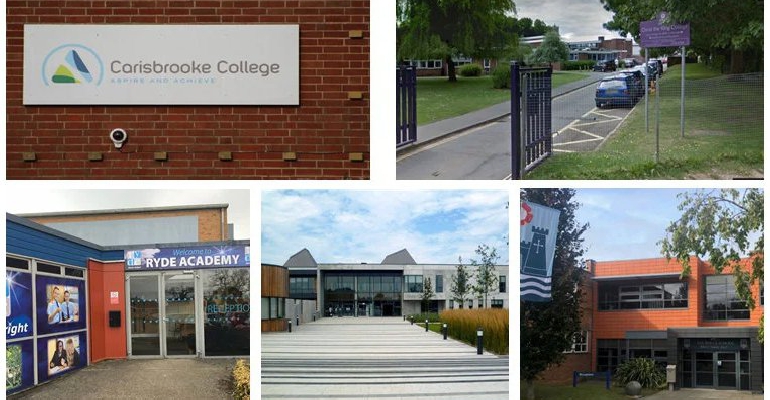
Pre-schools, primary and secondary schools across the Island are eager to welcome children and young people back at the start of the new academic year next week.
Councillor Paul Brading, Cabinet member for children's services, education and skills, said schools had worked hard during the summer holidays to complete the necessary risk assessments and implement appropriate measures to ensure all pupils can return safety.
He said:
"I am deeply relieved that the government has agreed that all children and young people should go back to school from 1 September following the disruption of lockdown.
"We may never fully appreciate the impact that the fall-out from coronavirus (Covid-19) had on their education and future achievement but what is in no doubt is that children and young people should be in school, not only for them to learn but for their mental health and wellbeing - having a more normal routine and being back with their peers and friends is important."
Vanessa Hicks, headteacher at Gurnard Primary School, explained some of the measures that have been put in place.
She said:
"The safety and wellbeing of our pupils, parents and staff has, and always will be, our highest priority.
"While over half of the pupils at Gurnard returned to school last term, we have been busy over the summer holidays preparing for all the children to return.
"This has involved updating our school risk assessments based on the latest national guidance and ensuring that all protective measures are fully in place.
"At our school the children have been grouped into year group bubbles and each year group has its own area where children can learn and socialise.
"To prevent different groups of pupils mixing, we have changed our timetables so that we have different start, finish, play and lunchtimes for every year group.
"We have also had to limit large gatherings such as assemblies to just one year group at a time. Social distancing markings are in place around the school site as a visual reminder for pupils, parents and staff.
"Classrooms and resources have been reorganised to minimise the risks of transmission for both pupils and staff. There are hygiene packs in every classroom and all areas of the school are cleaned regularly throughout the day.
"We will continue with our established routines for regular handwashing and promoting good respiratory hygiene using the "Catch it, bin it, kill it" approach. We've shared information with parents and staff about all the protective measures that are in place and explained who can come to school and what happens in case of illness."
The Isle of Wight Council's director for public health, Simon Bryant, added: “Parents and carers should feel reassured that children are far less likely to be affected by coronavirus. A Public Health England study showed that those aged under 16 account for just 1.1 per cent of 130,000 confirmed coronavirus cases during the first wave of the virus.”
According to the Office for National Statistics*, 90 per cent of school age parents indicated their children will be returning to school or college in September.
The Island's educators are fully prepared to have them back, confident they have put in place arrangements to help prevent the spread of Covid-19 infection.
While those arrangements will vary from school to school, depending on the size and layout of their sites, the ages and number of children attending, the measures will include:
- placing children in distinct ‘bubbles’ (groups) to be maintained throughout the school day;
- operating a one-way system around the school site;
- staggering the start and end of the school day;
- staggering break times;
- building time for frequent hand-washing in the daily timetable;
- additionally, providing hand sanitiser in strategic areas of the building;
- frequent reminders to Catch It, Bin It, Kill It;
- additional cleaning of school buildings.
Wherever possible, and for multiple health benefits, children and young people are encouraged to walk, scoot or cycle to school.
Government guidance will apply to home to school travel arrangements for children and young people, eligible for school transport funded by the council. There is no requirement for social distancing on dedicated home-to-school transport services but there will be a set of controls that will apply, such as use of hand sanitiser and where possible sitting in year groups.
Face coverings for pupils are recommended. Enhanced cleaning will apply to vehicles being used on home to school journeys. Pupils who travel on public transport will be required to respect the social distancing measures on public bus services and, if they are aged 11 years old or over, must wear a face covering.
If a pre-school child or school pupil displays any symptoms of Covid-19, education settings will follow the Public Health England guidance that they have been given including what to do in the event of a confirmed case of the virus in an education setting. The closure of any school due to Covid will be a last resort action and only on the advice of the local Public Health England health protection team.
Miss Hicks added:
"Our school is going to look and feel a little different when the children return.
"We are not aiming for an immediate “return to normal” but for a gradual transition that enables our children to feel a sense of safety, security and belonging.
"Our children have been through a challenging and disruptive period so we need to prioritise their emotional needs first. Our aim is to look at ways of providing familiarity and consistency at school when so much else around them has changed. We can't wait to have all our children back and to welcome all the new children starting school."
For more information visit https://www.iow.gov.uk/Council/OtherServices/Public-Health-Coronavirus-COVID-19/Nurseries-pre-schools-schools-and-colleges

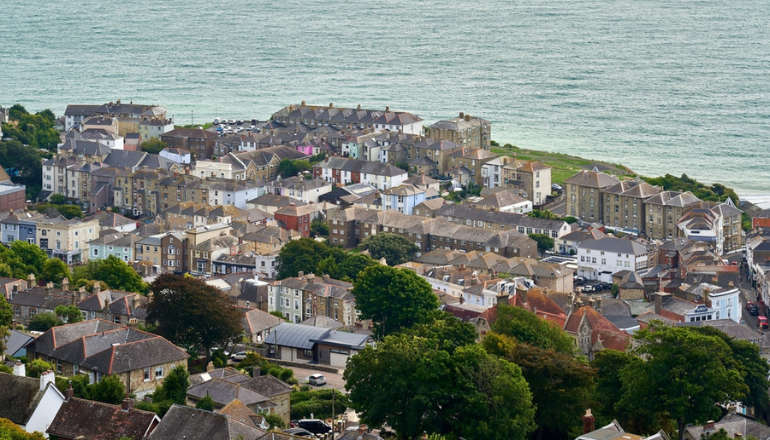 Councillor Coy On Isle Of Wight Social Housing
Councillor Coy On Isle Of Wight Social Housing
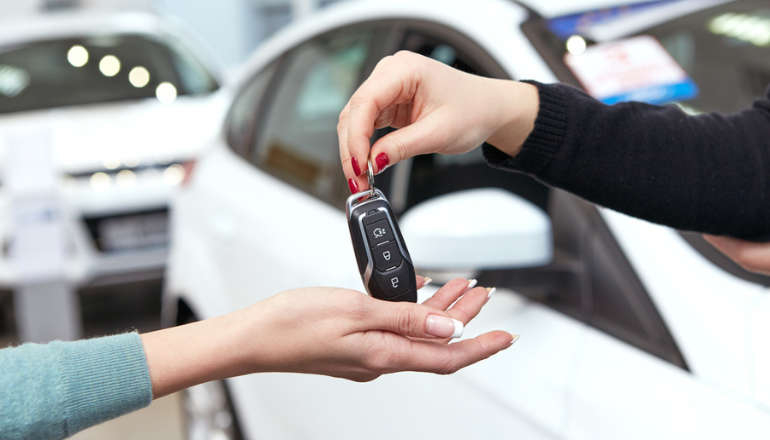 Warning For Islanders Selling Vehicles To Be 'Scam Aware'
Warning For Islanders Selling Vehicles To Be 'Scam Aware'
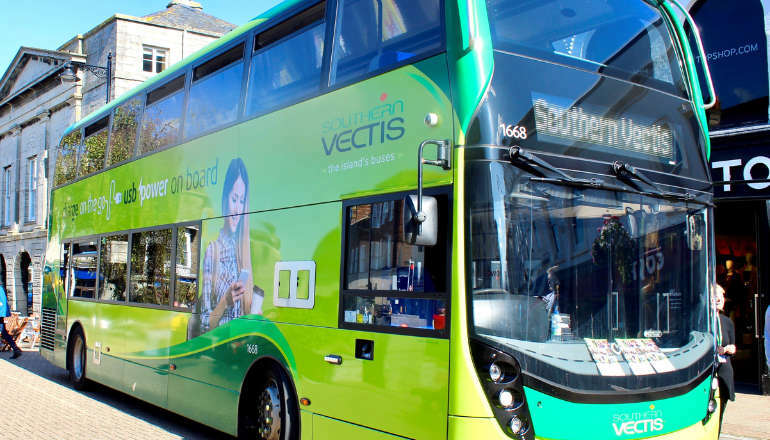 Bus Fares Set To Rise Following Council Meeting
Bus Fares Set To Rise Following Council Meeting
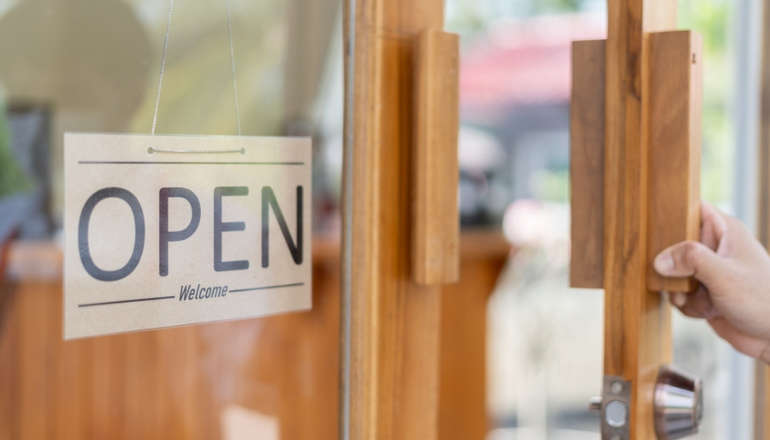 Small Business Support Proposal Passed By Isle Of Wight Council
Small Business Support Proposal Passed By Isle Of Wight Council
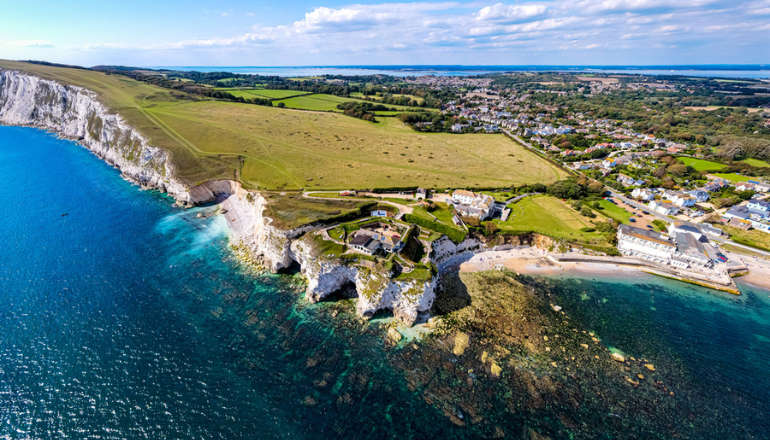 Five-Year Isle Of Wight Area Of Outstanding Natural Beauty Plan Unanimously Approved
Five-Year Isle Of Wight Area Of Outstanding Natural Beauty Plan Unanimously Approved
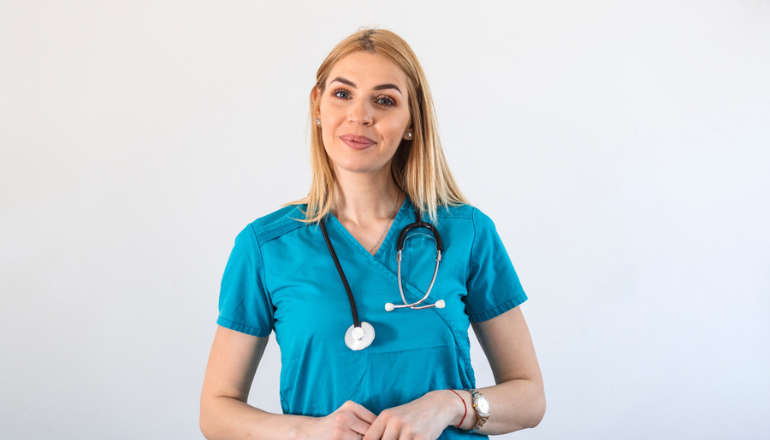 More Islanders Cross The Solent With Wightlink’s Discounted Fares For NHS Appointments
More Islanders Cross The Solent With Wightlink’s Discounted Fares For NHS Appointments
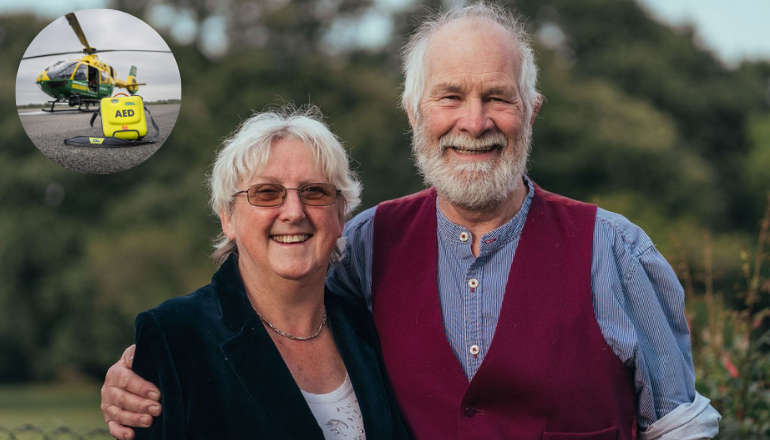 Hampshire And Isle Of Wight Air Ambulance Funds Defibrillators For The Community
Hampshire And Isle Of Wight Air Ambulance Funds Defibrillators For The Community
 Isle Of Wight Council Budget Pressures Likely To Continue Following Autumn Statement
Isle Of Wight Council Budget Pressures Likely To Continue Following Autumn Statement
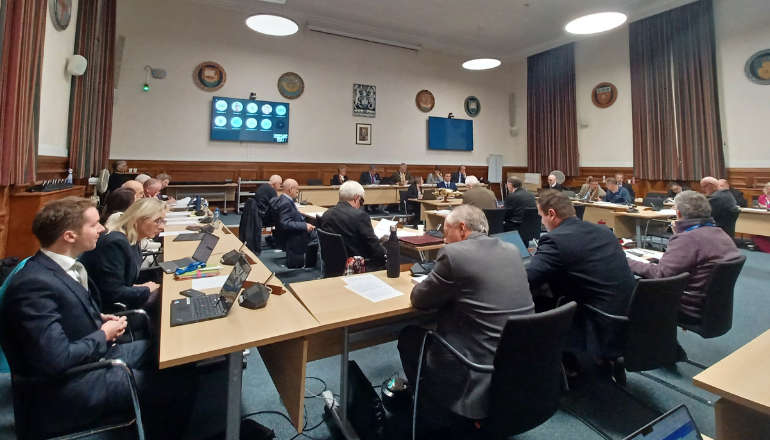 Council Approves Support Package To Help Islanders On Low Incomes
Council Approves Support Package To Help Islanders On Low Incomes
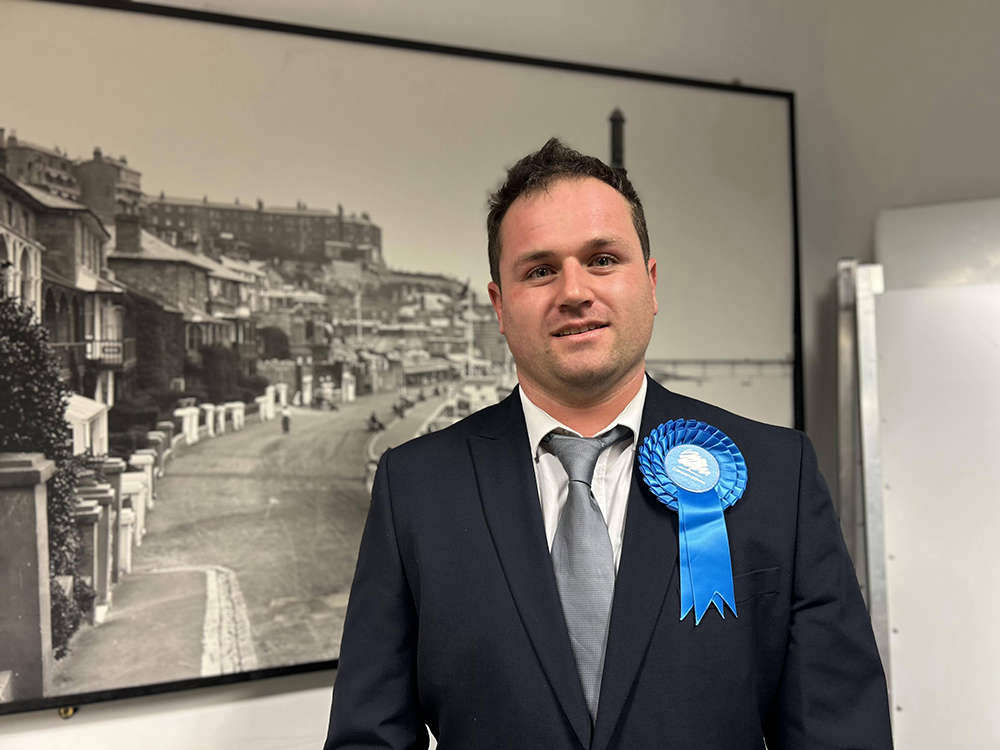 Isle Of Wight Councillor In Mental Health Priority Motion
Isle Of Wight Councillor In Mental Health Priority Motion
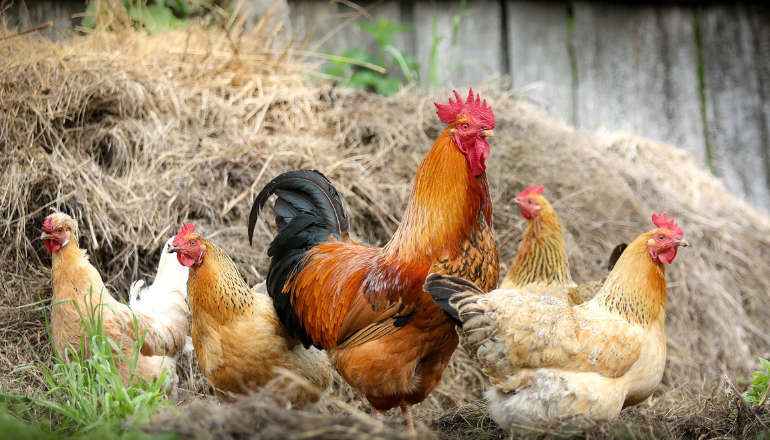 Bird Keepers Urged To Remain Vigilant Following Increased Avian Influenza Risk
Bird Keepers Urged To Remain Vigilant Following Increased Avian Influenza Risk
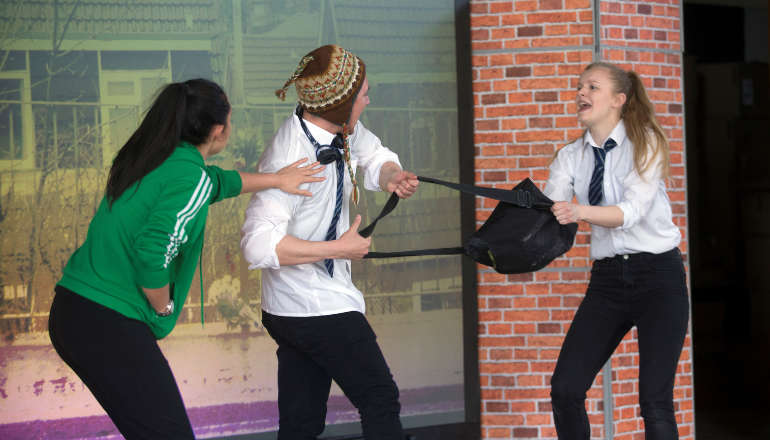 Island Pupils Receive Lesson In Road Safety That Could Save Lives
Island Pupils Receive Lesson In Road Safety That Could Save Lives
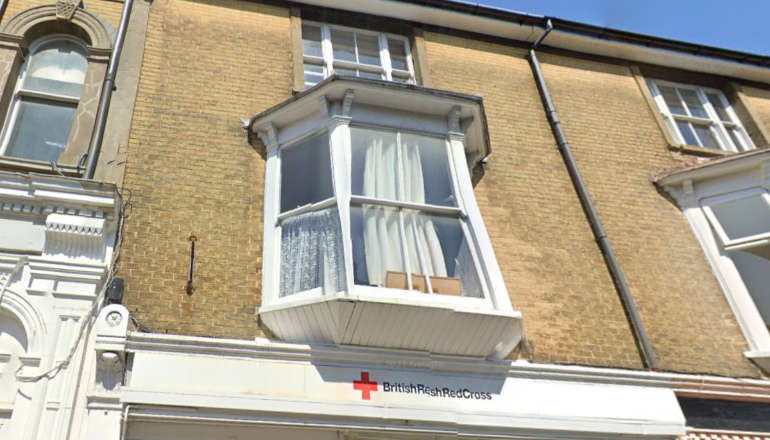 New Shanklin Flats Given Green Light
New Shanklin Flats Given Green Light
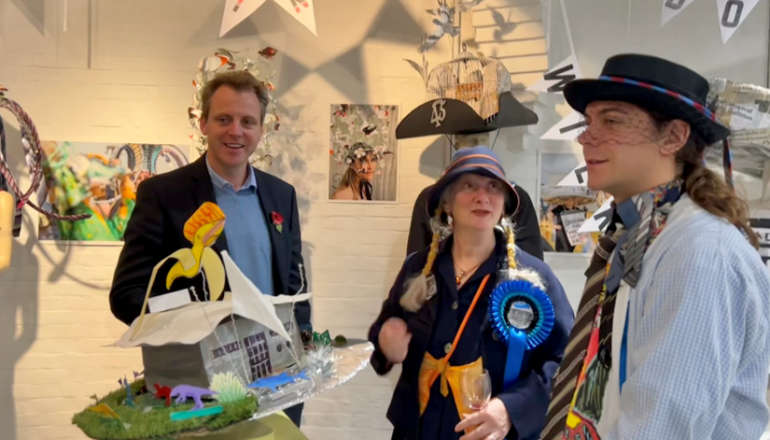 Joe Robertson Appointed Parliamentary Private Secretary For Shadow Culture, Media And Sport
Joe Robertson Appointed Parliamentary Private Secretary For Shadow Culture, Media And Sport
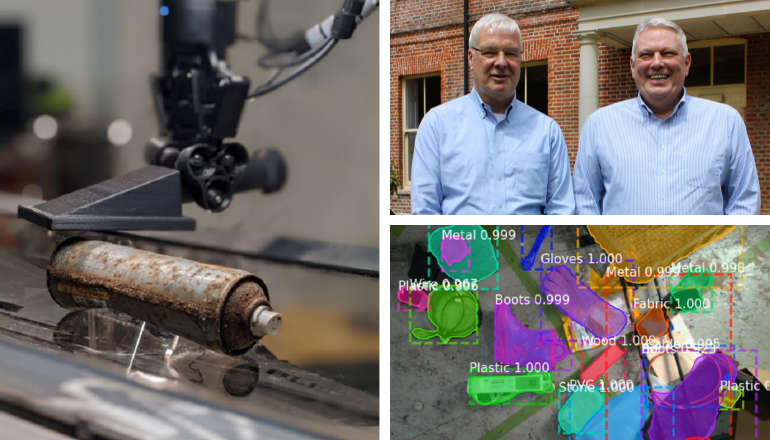 Shanklin Company Making Nuclear Waste Sorting Safer, Greener And Cheaper
Shanklin Company Making Nuclear Waste Sorting Safer, Greener And Cheaper
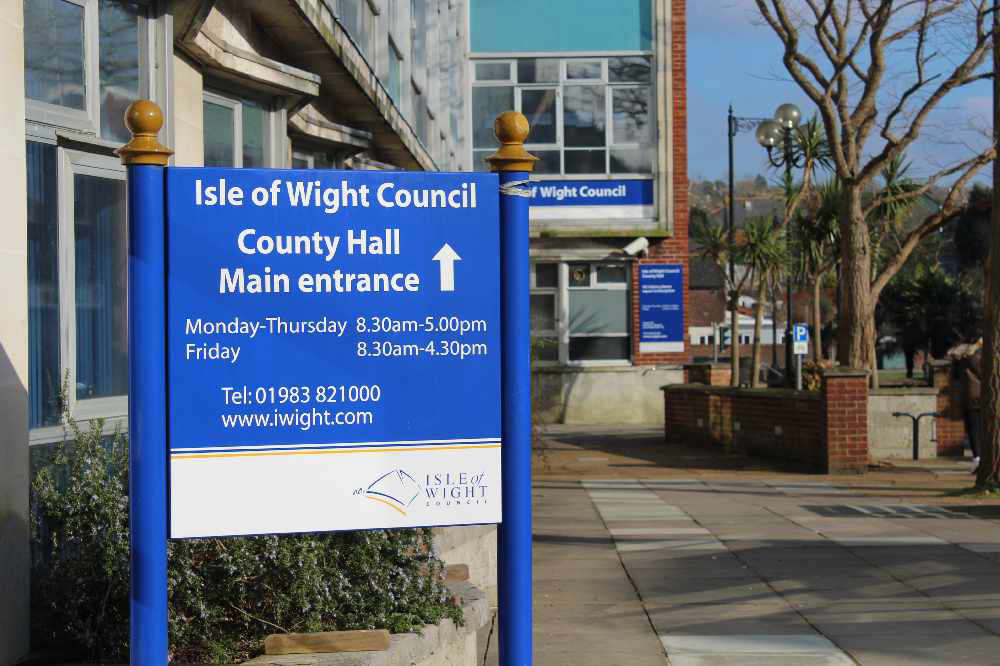 Five-Year Isle Of Wight Landscape Plan Decision On Horizon
Five-Year Isle Of Wight Landscape Plan Decision On Horizon
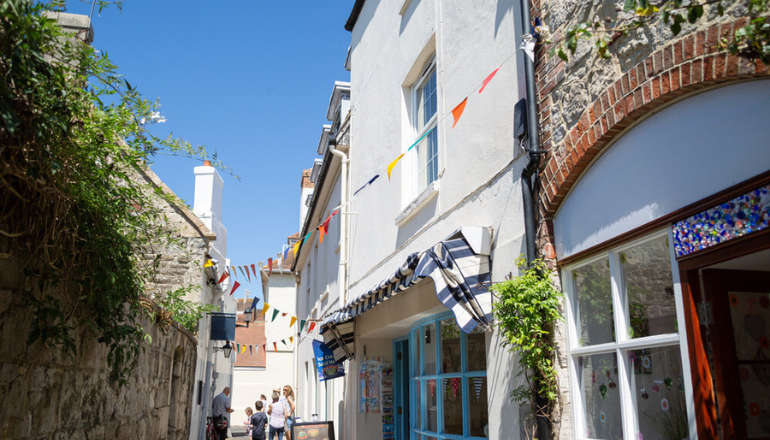 Help Sought For Isle Of Wight's Struggling Small Businesses
Help Sought For Isle Of Wight's Struggling Small Businesses
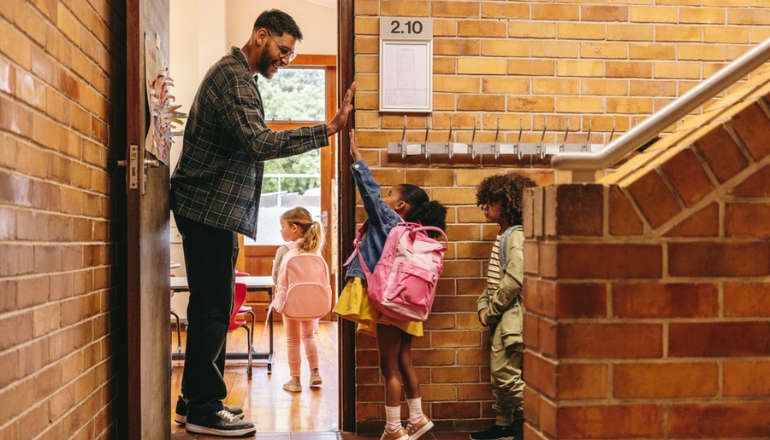 Primary School Admissions For September 2025 Now Open
Primary School Admissions For September 2025 Now Open
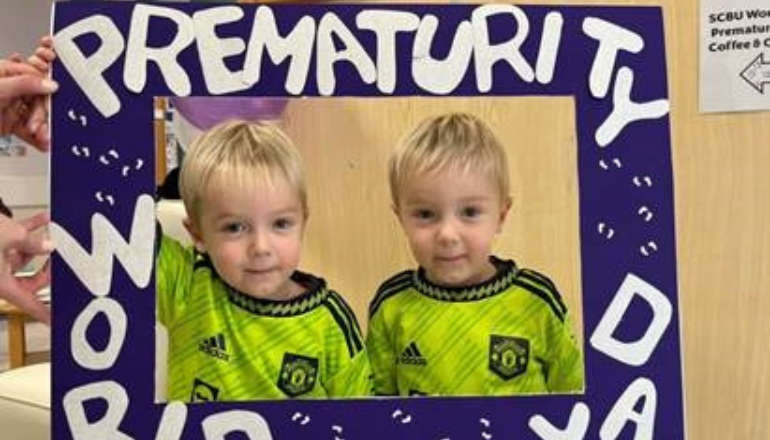 Island Families Invited To Take Tour Of St Mary's Special Care Baby Unit
Island Families Invited To Take Tour Of St Mary's Special Care Baby Unit
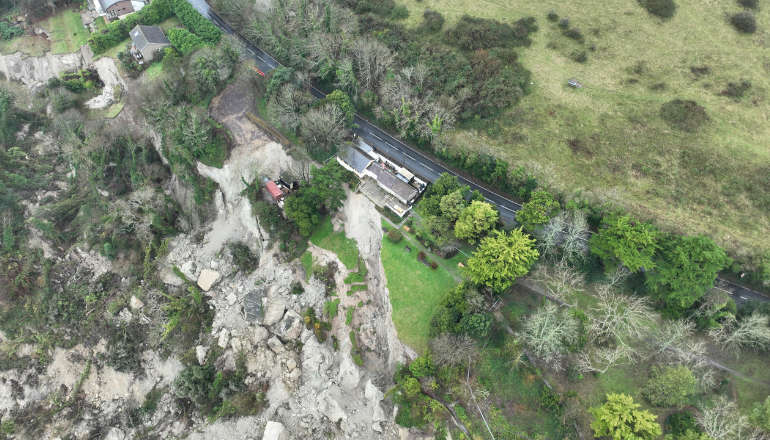 Work To Sink Three Boreholes At Leeson Road Due To Finish This Week
Work To Sink Three Boreholes At Leeson Road Due To Finish This Week


